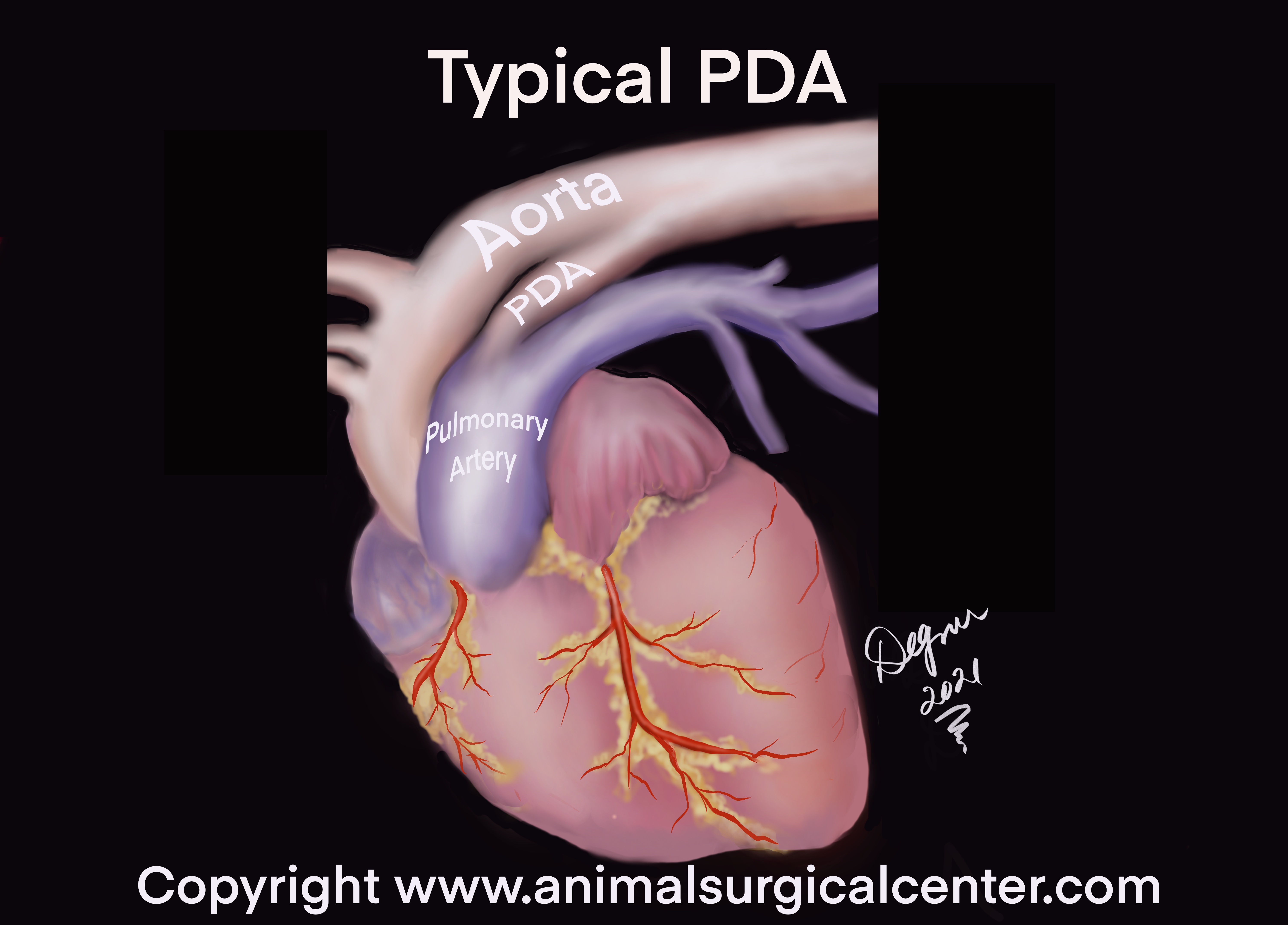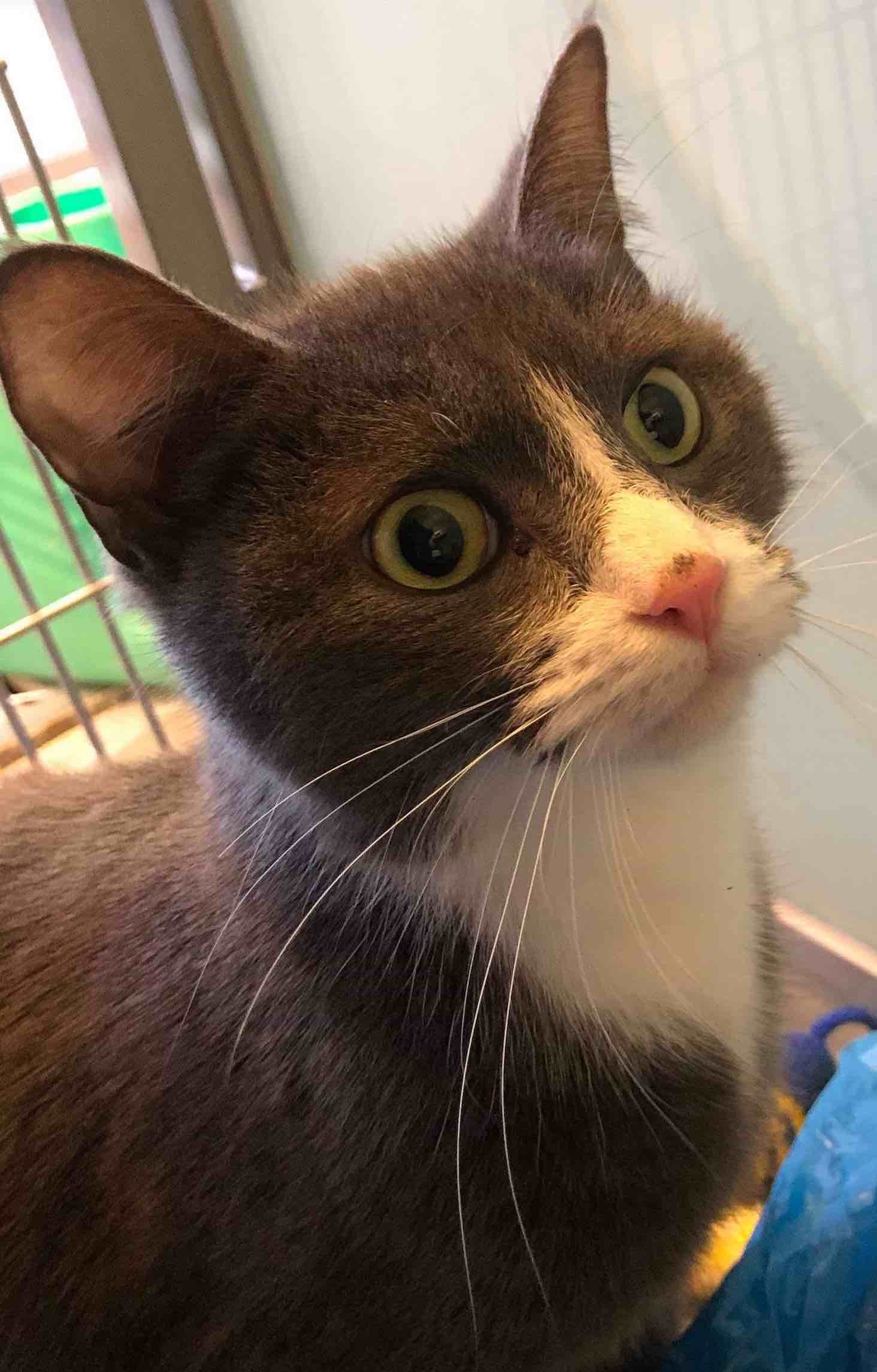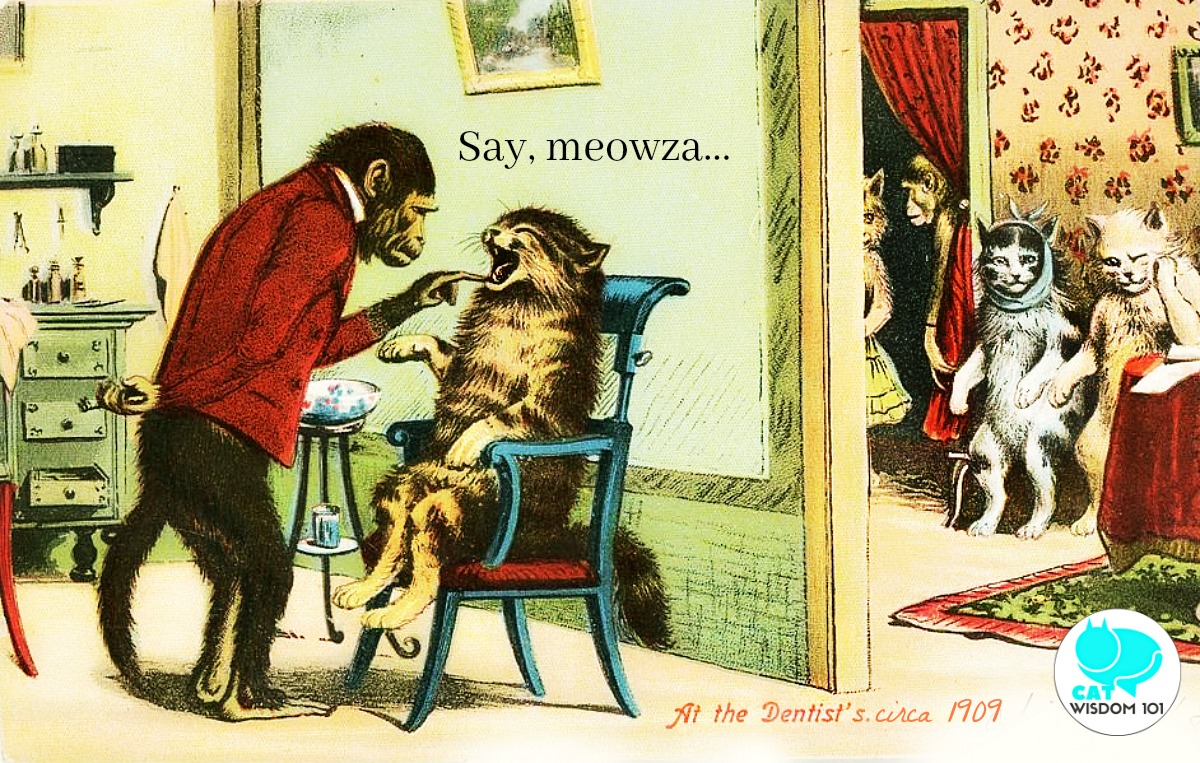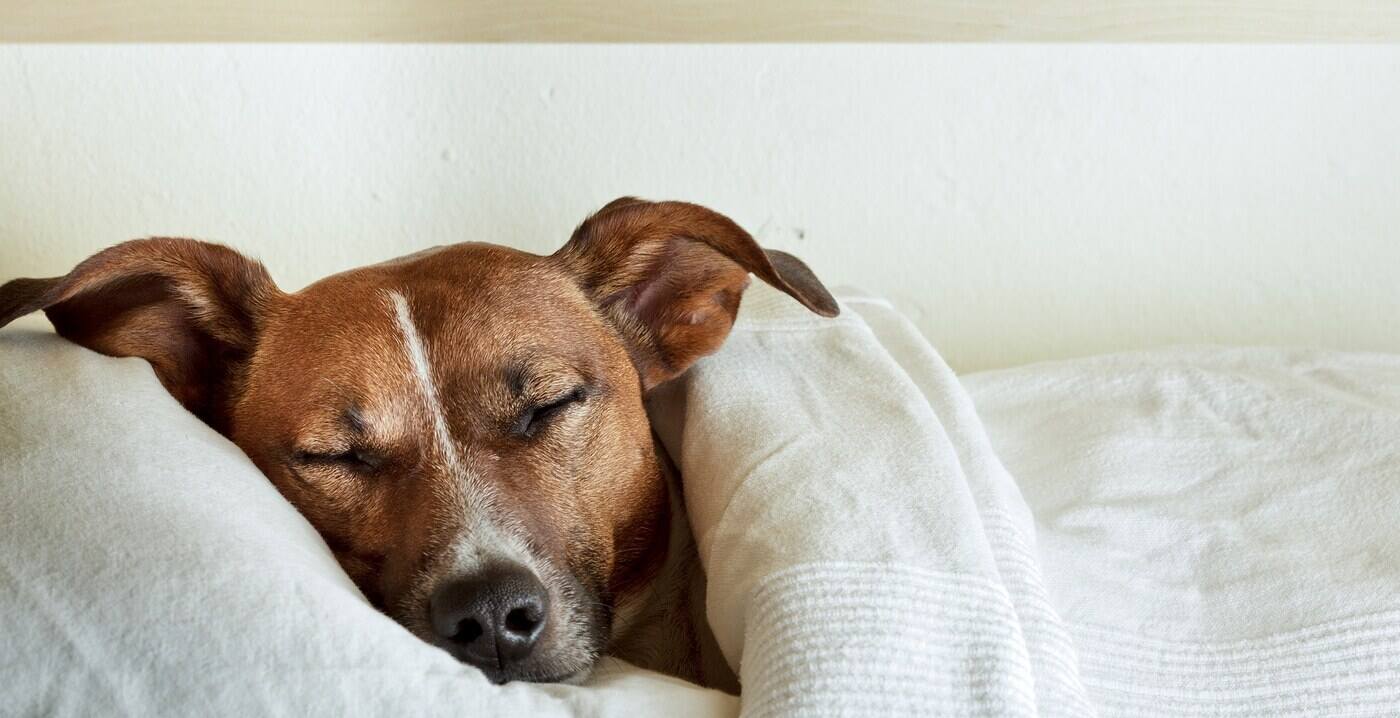Heart Murmur In Cats And Anesthesia

The ultrasonographer will tell us if this murmur is serious or not.
Heart murmur in cats and anesthesia. The type of surgical procedure will depend on the exact nature of the disease. It is caused by turbulent blood flow and high velocity. The murmur may first appear at 6-8 weeks of age and a kitten with an innocent heart murmur will usually outgrow it by about 4-5 months of age.
Yes certain heart conditions do increase the risk of general anesthesia. You dont say how severe Rockies heart murmur is but wed imagine its moderate to severe if your vet is worried about his ability to survive anesthesia. This happens when the heart walls are thickened.
Typically murmurs are caused by leaky heart valves or a narrowing or thickening of the chambers of the heart or heart muscle which can indicate heart disease. A systematic evaluation of murmur characteristics is indicated when a heart murmur is detected in a cat. Heart murmur in cats brought on by congenital diseases often requires surgery.
With a cardiac murmur but with out any clinical symptoms. A heart rate monitor counts your cats heartbeats per minute. An echocardiogram cardiac ultrasound is a simple non-invasive imaging test that can evaluate your murmur.
ANESTHESIA FOR FELINE PATIENTS WITH HEART DISEASE Hypertrophic cardiomyopathy HCM is the most common cardiac disease in cats. In a study performed in cats with a cardiac murmur but without any clinical symptoms ultrasound examination of the animals revealed that 53 of these cats suffered from heart disease NAKAMURA et al 2011. Cats with HCM can have normal lives and then as they get older the heart can start to fail.
There are usually no external symptoms clinical signs of a heart murmur in itself. So basically having a murmur doesnt really mean much. For bradycardic or hypotensive cats heart rate and blood pressure support during deep sedation or anesthesia may be necessary.

















